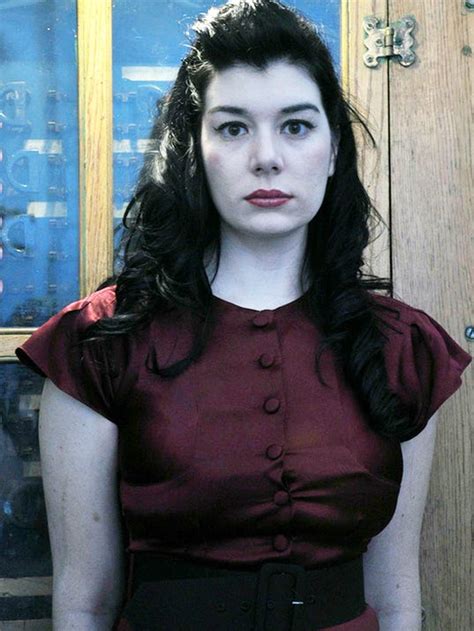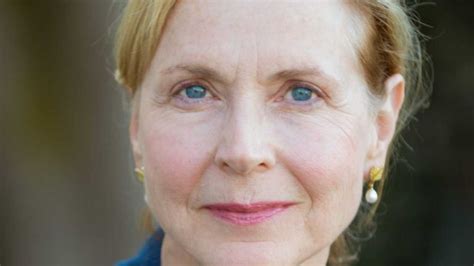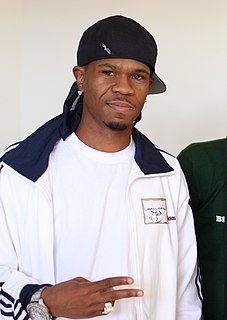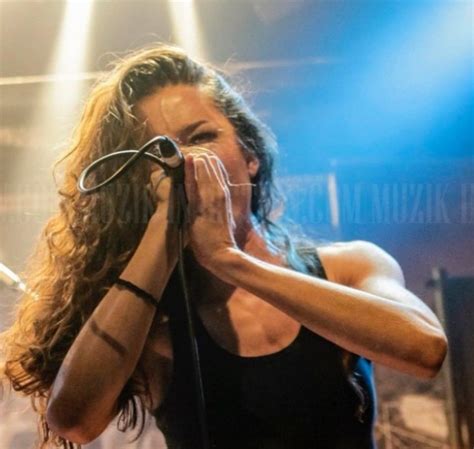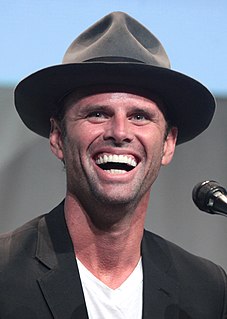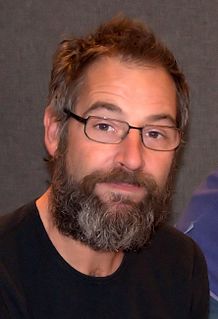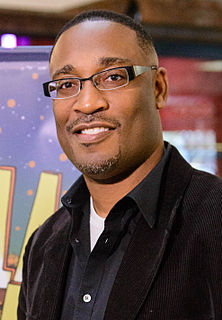A Quote by Lesley Sharp
What actors are involved in is a similar sort of psychological forensic examination of the characters they're playing. You try to have an idea about why somebody does what they do and you try not to be in judgmental about it. That is what psychologists and psychotherapists aim to do with their patients.
Related Quotes
Somebody insults you and you feel anger. Don't miss this opportunity; try to understand why, why this anger. And don't make it a philosophical thing. Don't go to the library to consult about anger. Anger is happening to you -- it is an experience, a live experience. Focus your whole attention on it and try to understand why it is happening to you. It is not a philosophical problem. No Freud is to be consulted about it. There is no need! It is just foolish to consult somebody else while anger is happening to you. You can touch it. You can taste it. You will be burned by it.
Let's think beyond the normal stuff and have an environment where that sort of thinking is encouraged and rewarded and where it's okay to fail as well. Because when you try new things, you try this idea, that idea... well a large number of them are not gonna work, and that has to be okay. If every time somebody comes up with an idea it has to be successful, you're not gonna get people coming up with ideas.
I don't want to know about the lives of other actors and I don't want people to know too much about me. If we don't know about the private lives of other actors, that leaves us as clean slates when it comes to playing characters. That's the point, they can create these other characters and I can believe them.


